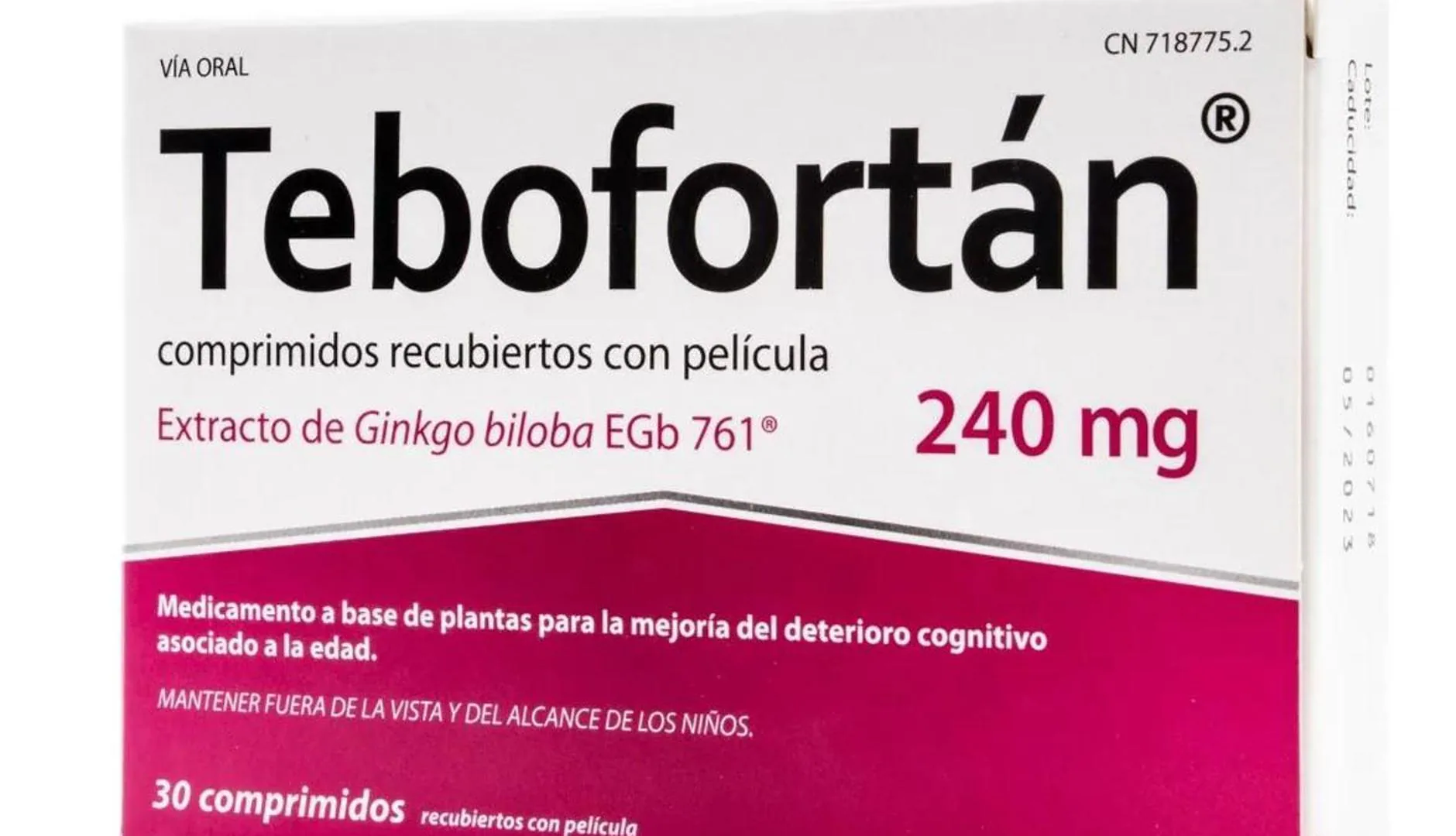Fitness
Researchers in Spain investigate whether a drug used to improve blood flow could help patients with early onset of dementia | Sur in English

Monday, 8 July 2024, 13:04
For many years now, finding a cure for Alzheimer’s disease and other forms of dementia has become an obsession for the medical research community. Despite advances in medicine, this moment has not yet arrived, but in the meantime hundreds of research projects are under way in Spain and all over the world, focused not only on the aforementioned cure, but also on prevention. One of these lines of research in prevention is led by neurologist Mercè Boada, founder and medical director of Fundació ACE, and one of the world’s leading experts in this field.
Dr Boada was in Malaga last week where she presented the latest study carried out by her prestigious foundation. Their findings open the door to the use of a drug (Tebofortán) to prevent a worsening of patients in the very early stages of dementia.
Here we are referring to GBS 761, trade name Tebofortán, a drug that facilitates vasodilation (as known as vasorelaxation, the widening of blood vessels) and improves blood flow through arteries, veins and capillaries. It also interrupts platelet aggregation, i.e. it prevents platelets (the parts in the blood that help with clotting) from sticking together, although its use was initially not aimed at treating cognitive ailments such as dementias. “Tebofortán is a drug that has been on the market for many years, and which has now undergone extensive research because there was great interest in whether it could improve the condition of patients with mild or more advanced dementia in order to have a therapeutic strategy to hand, a drug that could be prescribed very safely”, explained Mercè Boada in conversation with SUR.
The neurologist goes on to explain that what they have been trying to observe during all this time in the development of the disease is whether the drug was having an active, positive effect inside the brain. “If it improves memory or language, or even depression, all very important factors when we are talking about dementia. Our proposal was to see if Tebofortán, when given to these patients, was able to modify what we would call the worsening of the brain.”
Boada, during her presentation to other colleagues in Malaga.
SUR
This trial has initially lasted a year, but has been done “correctly and thoroughly”, according to Boada, done with a good sample of patients and the use of placebos. “We have a group who are treated and another who are not, and we follow them over time. All of these patients have passed through these markers,” she stated. The results are encouraging. After one year the patients who have been treated with Tebofortán are showing differences to those who have not. “Those toxic proteins that are in the brain with mild cognitive impairment have improved,” says the neurologist, who stressed that the plan is to continue with this research.
“If after two years we corroborate these findings, that is, we continue to say that this drug is able to modify those toxic proteins in our brain, that means it has tremendous viability and gives us a huge opportunity for treatment.”
Current uses of Tebofortan
Boada pointed out that this drug already has a huge range of applications because it was originally developed to treat both depression and ageing. Now it has even more potential. “Over the years research has been done to see if it was able to prevent dementia after five years of use in healthy patients, but this could not be confirmed,” she said.
This research finding would only benefit patients in the very early stages of dementia
“The point here is that a tried and tested drug – and the most prescribed drug for vertigo or vascular risk prevention – is now being redefined because it has a direct action on the brain,” she says. Therefore, this researcher’s opinion is that yes, it can be a preventive treatment for mild cognitive impairment. “If confirmed, it opens up the possibility of being able to stop the worsening of patients with mild cognitive impairment as long as they have a clear and timely diagnosis. This is very important, because we are talking about a therapeutic strategy combined with many other drugs that opens a window, a breath of fresh air to combat this medical ailment.”
However, Boada stressed one crucial point. “We have not examined patients with dementia. We have screened patients who complain of memory or language loss, but who do not have dementia at the moment.” In numbers she estimates that, if the treatment were effective, millions of people in Europe alone could benefit. “We are opening up the treatment options available to this population that, until now, had no clear pointers.”


)






